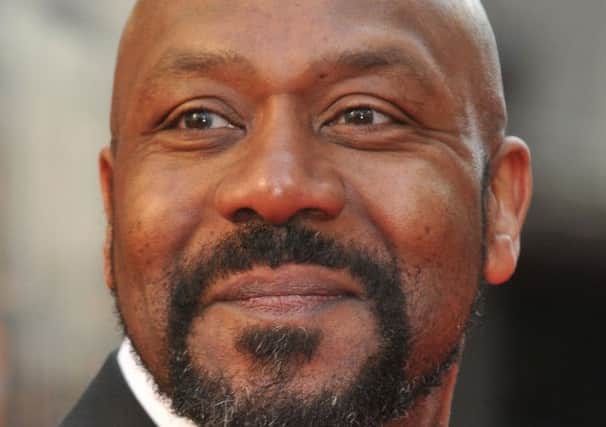Aid appeal for Ebola-hit nations begins today


DEC, which is made up of 13 of the UK’s major aid charities, said it took the decision because the effects of the virus has threatened to become “a humanitarian catastrophe”.
Ebola, which has now infected more than 10,000 people, has hit the West African countries of Liberia, Sierra Leone and Guinea the hardest and the DEC said some parts of the region face catastrophe within 60 days unless urgent help is provided.
Advertisement
Hide AdAdvertisement
Hide AdThe appeals will run on TV and radio today. The BBC, ITV, Channel 4, Channel 5 and Sky will carry the appeal, the DEC said. The BBC appeals will be presented by Lenny Henry and the commercial radio equivalent fronted by Joanne Froggatt.
DEC chief executive Saleh Saeed said: “This appeal is completely unprecedented and that is a sign of just how serious the situation in West Africa has become. In its 50-year history the DEC has launched appeals for humanitarian disasters caused by floods, famines, earthquake, typhoons, and countless conflicts. We have never run an appeal in response to a disease outbreak – until today.
“While many chronic diseases cause untold suffering in poorer countries, the worst acute outbreaks of deadly diseases, such as measles or cholera, have usually occurred in the wake of another type of disaster.
“In West Africa today, we are seeing a disease create not just a medical crisis but a humanitarian emergency. Without urgent action to stop the spread of Ebola and to help those affected by the crisis, parts of West Africa face catastrophe within 60 days.”
He added: “Aid workers are on the frontline in the fight against Ebola. Some are facing great risk and local staff and partners are also being ostracised by their friends and families because people are so terrified.
“This is a price they are prepared to pay as they struggle to stop the spread of the disease. They need your help.”
In addition to the 2.5 million people reached by DEC member agencies’ efforts, several hundreds of thousands more have been targeted by radio broadcasts and printed material containing life-saving messages on how communities can safeguard themselves from the disease.
Members of the DEC, which include British Red Cross and Oxfam, have already been involved in helping with the disposal of bodies which are highly infectious, tracing the contacts of people who are sick, running treatment centres and providing food aid.